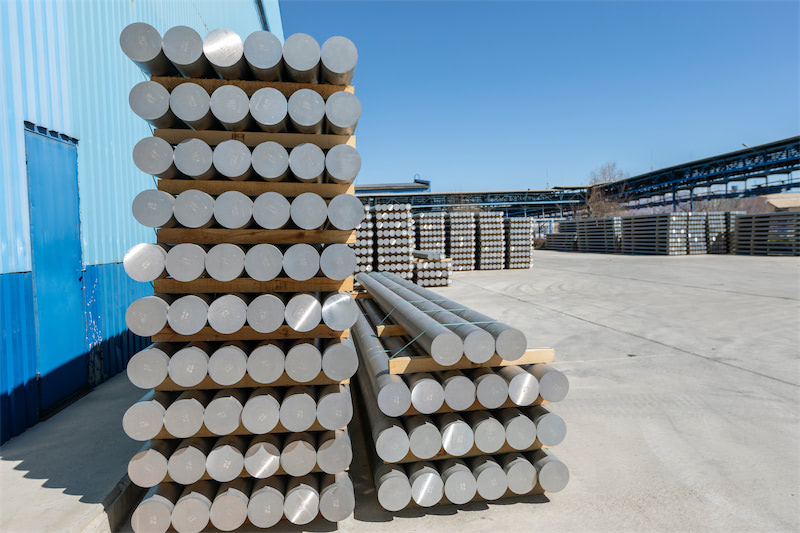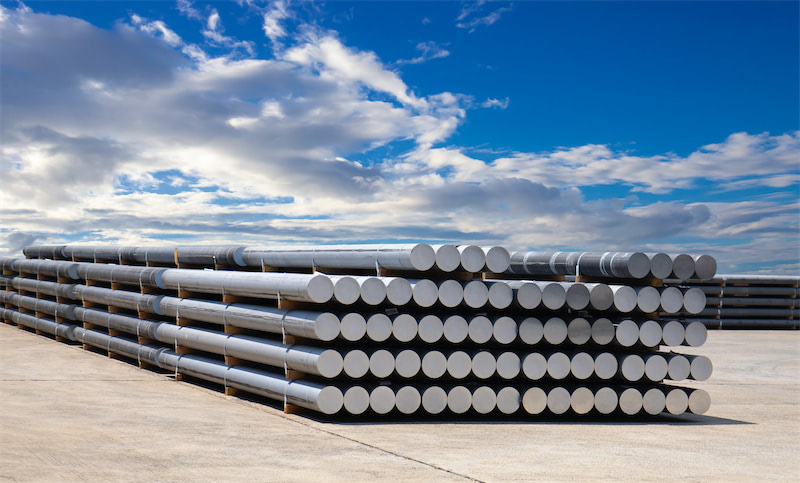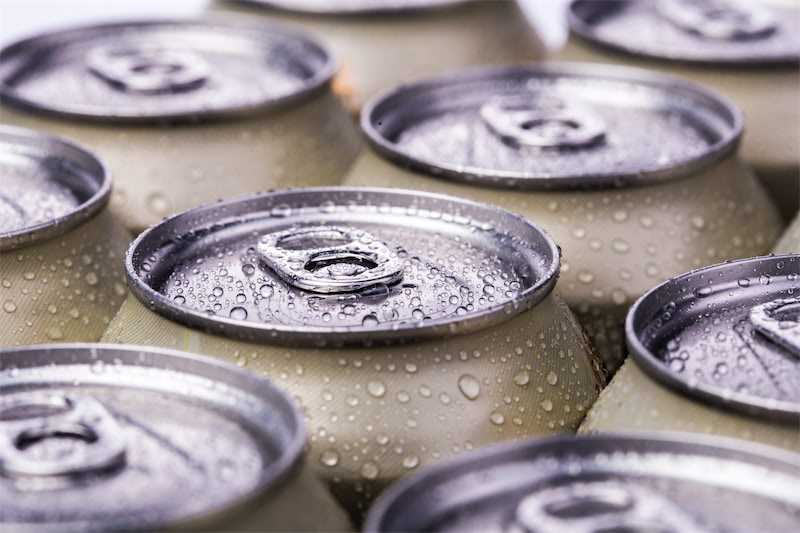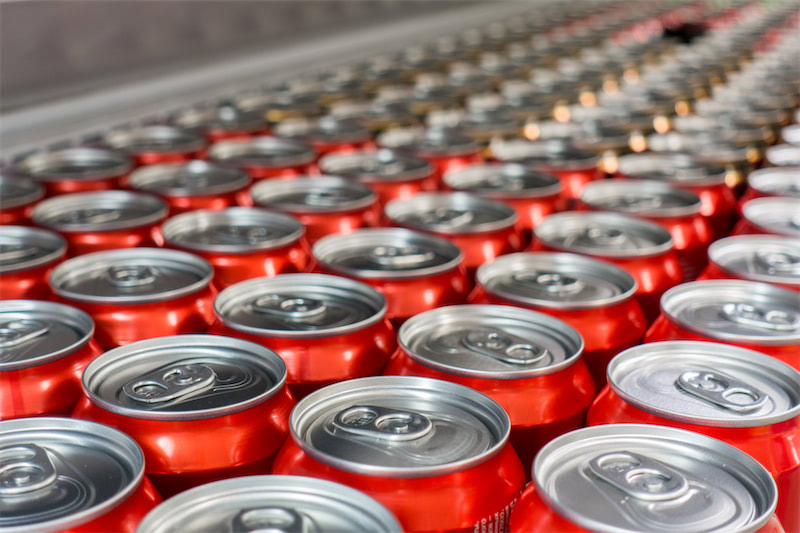INDIA April 06 2016 10:02 AM
MUMBAI (Scrap Register): Indian Environment Ministry has revised Solid Waste Management Rules after 16 years.
The Rules are now applicable beyond municipal areas and will extend to urban agglomerations, census towns, notified industrial townships, areas under the control of Indian Railways, airports, airbase, port and harbour, defence establishments, special economic zones, State and Central government organizations, places of pilgrims, religious & historical importance, informed Prakash Javadekar, Minister of State (Independent Charge) of Environment, Forest and Climate Change.
He pointed out that 62 million tonnes of waste is generated annually in the country at present, out of which 5.6 million tonnes is plastic waste, 0.17 million tonnes is biomedical waste, hazardous waste generation is 7.90 million tonnes per annum and 15 lakh tonne is e-waste. He added that the per capita waste generation in Indian cities ranges from 200 grams to 600 grams per day. Shri Javadekar underlined the fact that 43 million TPA is collected, 11.9 million is treated and 31 million is dumped in landfill sites, which means that only about 75-80% of the municipal waste gets collected and only 22-28 % of this waste is processed and treated. “Waste generation will increase from 62 million tonnes to about165 million tonnes in 2030”, Shri Javadekar said.
The Minister said that the responsibility of generators has been introduced to segregate waste into three categories – Wet, Dry and Hazardous Waste. He added that the generator will have to pay ‘User Fee’ to the waste collector and a ‘Spot Fine’ for littering and non-segregation, the quantum of which will be decided by the local bodies. Shri Javadekar emphasized that the government is keen on the integration of ragpickers from the informal sector to the formal sector. The Environment Minister also highlighted that in case of hilly areas, land for construction of sanitary landfills in the hilly areas will be identified in the plain areas, within 25 kilometers.
Shri Javadekar stated that waste processing facilities will have to be set up by all local bodies having 1 million or more population within two years. In case of census towns below 1 million population, setting up common, or stand-alone sanitary landfills by, or for all local bodies having 0.5 million or more population and for setting up common, or regional sanitary landfills by all local bodies and census towns under 0.5 million population will have to be completed in three years.
The Government has also constituted a Central Monitoring Committee under the chairmanship of Secretary, Ministry of Environment, Forest and Climate Change to monitor the overall implementation of the Rules. The Committee comprises the Ministry of Urban Development, Ministry of Rural Development, Ministry of Chemicals and Fertilizers, Ministry of Agriculture, Central Pollution Control Board, three State Pollution Control Boards /Pollution Control Committees, Urban Development Departments of three State Governments, rural development departments from two State Governments, three urban local bodies, two census towns, Federation of Indian Chambers of Commerce & Industry (FICCI), Confederation of Indian Industry (CII) and two subject experts. The Committee will meet once an year to monitor the implementation of these Rules.



